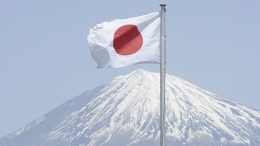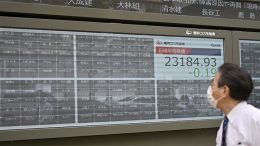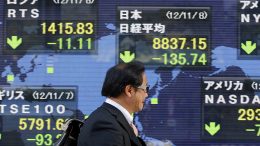BoJ: Sharp Yen Depreciation Adding Pressure To Revise Self-Defeating Policy
Alicia García Herrero (Natixis) | As the Yen rapidly depreciates above USDJPY=120, the unintended consequences of the Bank of Japan (BoJ)’s Yield Curve Control (YCC) has become increasingly apparent. Last month, the BoJ announced it would intervene in the JGB market to protect the 0.25% ceiling on the 10-year JGB yields as they were being pushed up by higher US Treasury yields. Furthermore, after the Fed began to tighten last…








